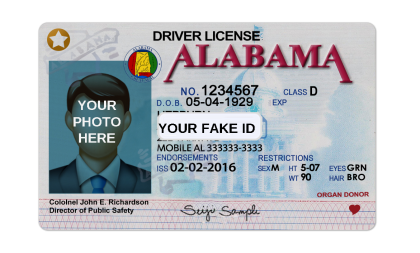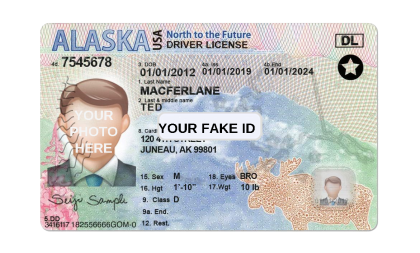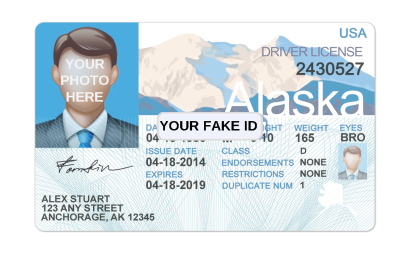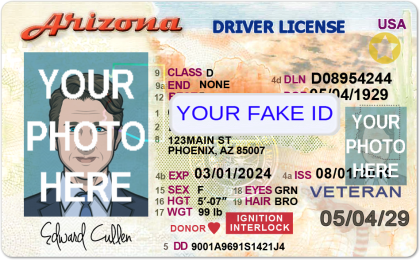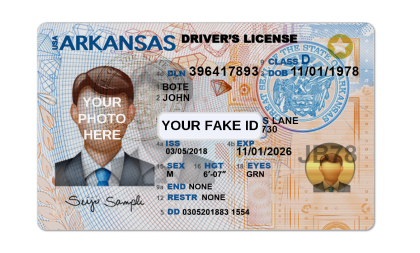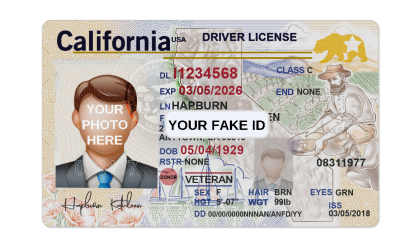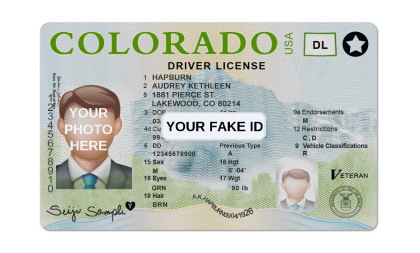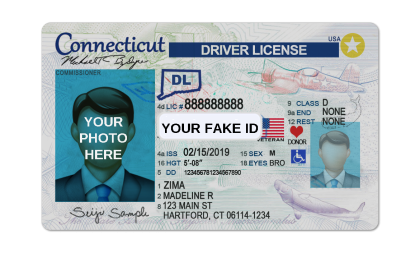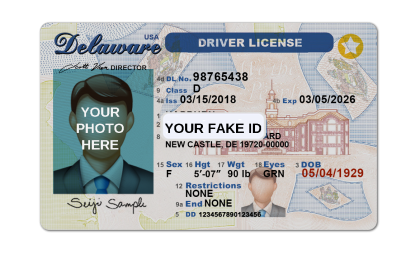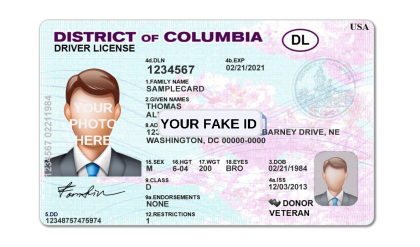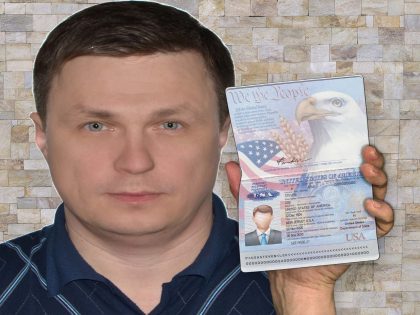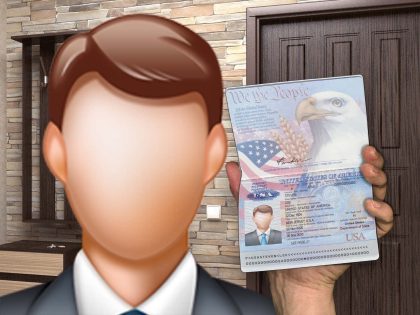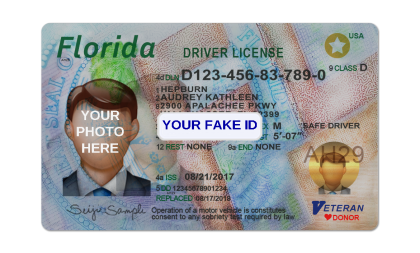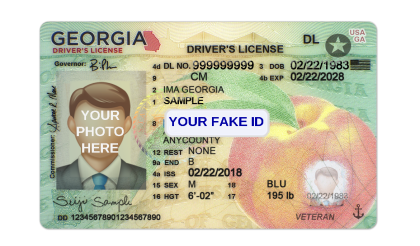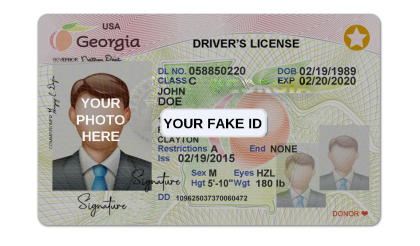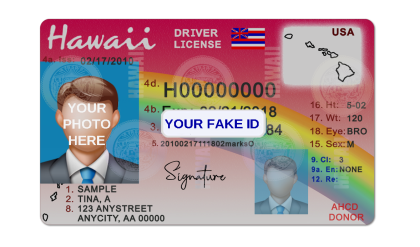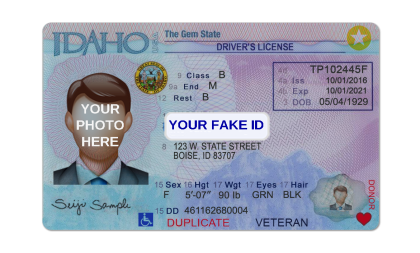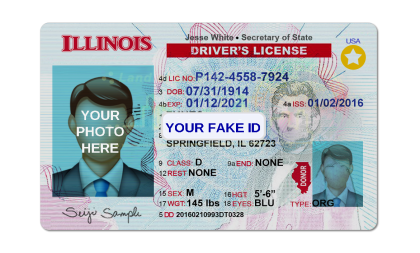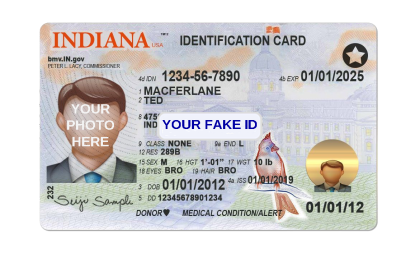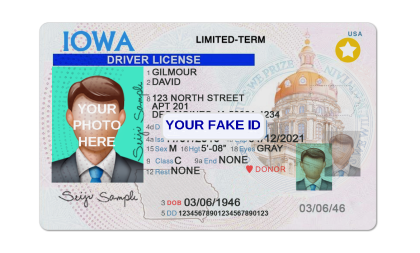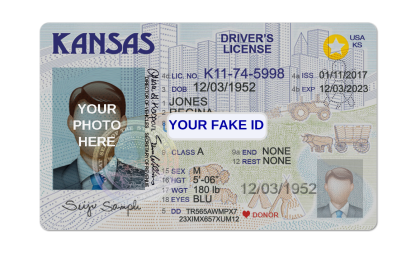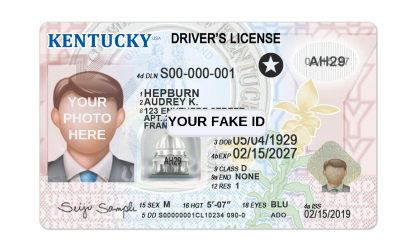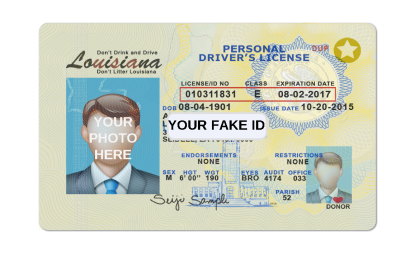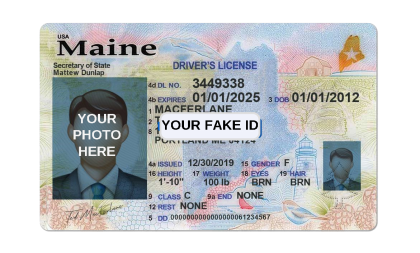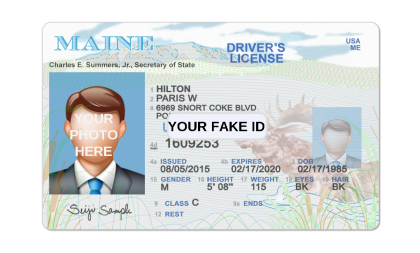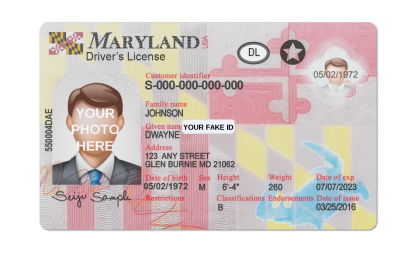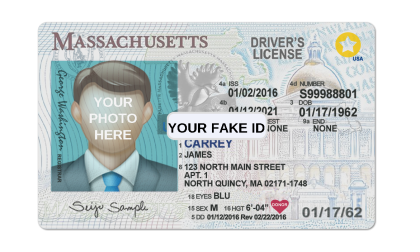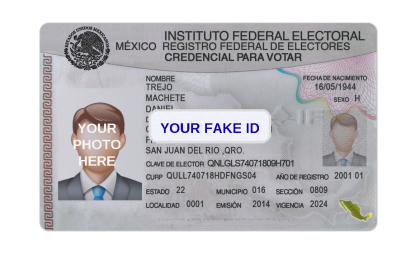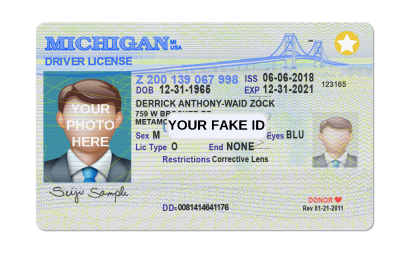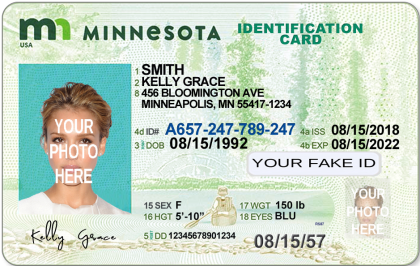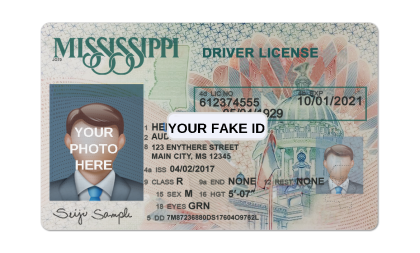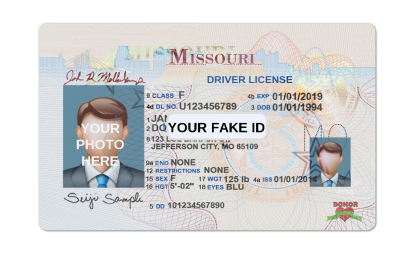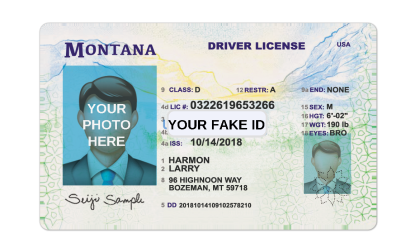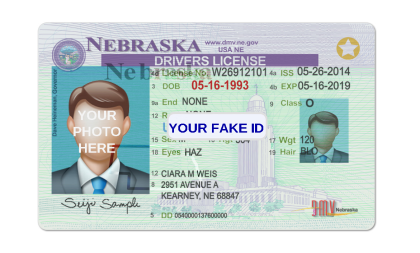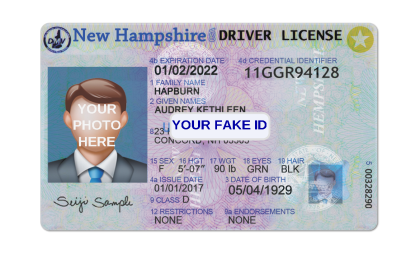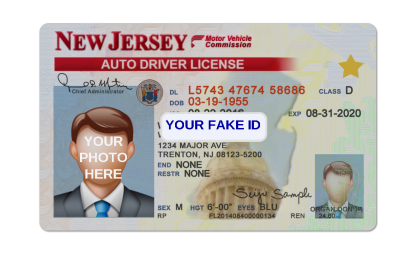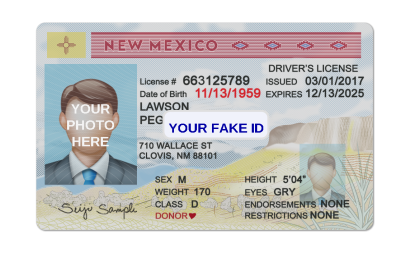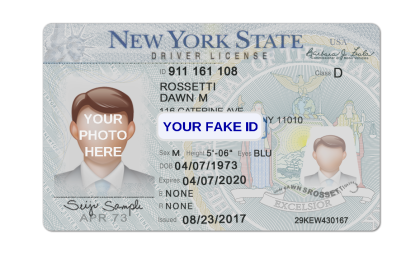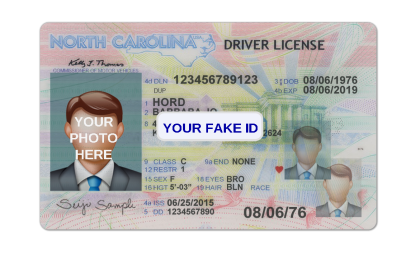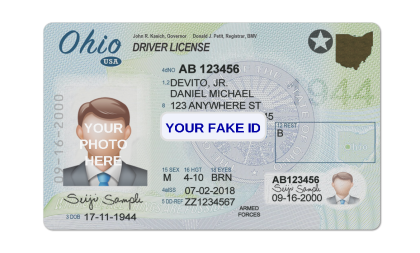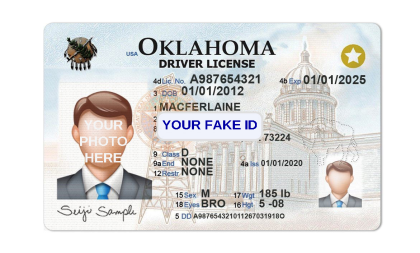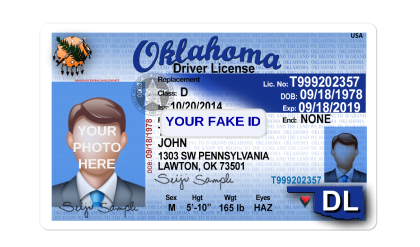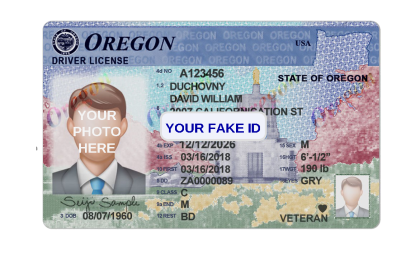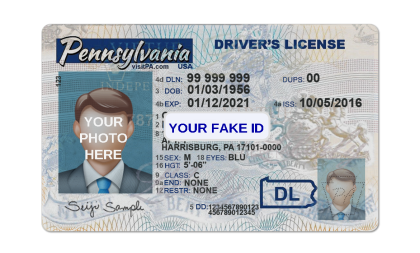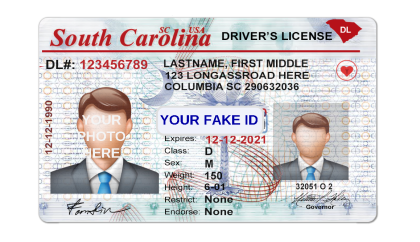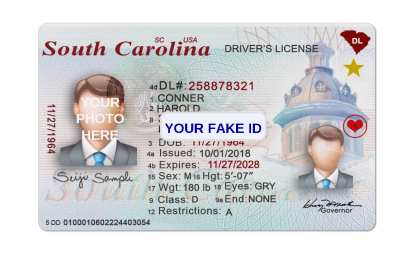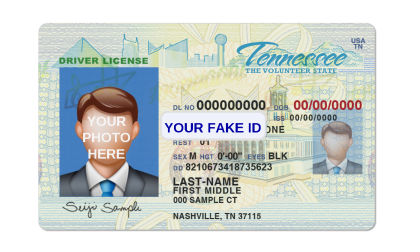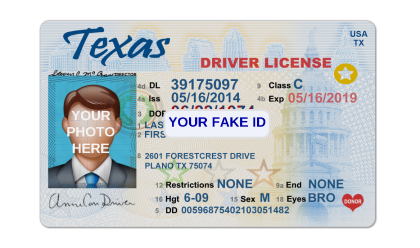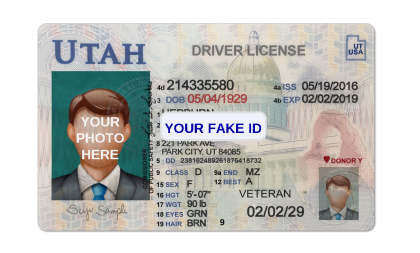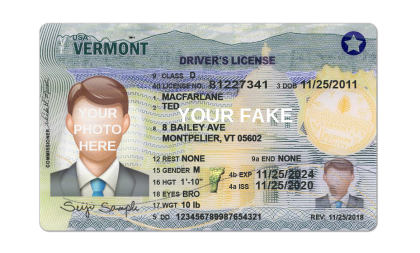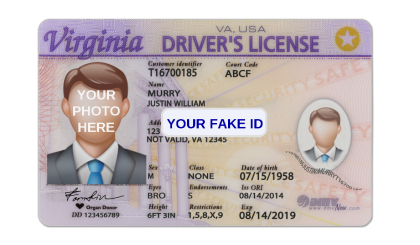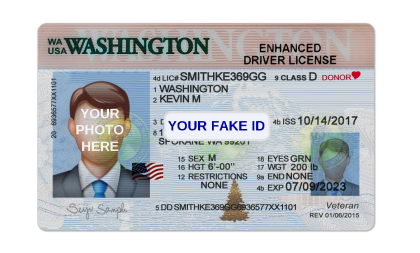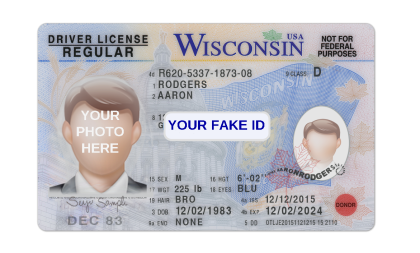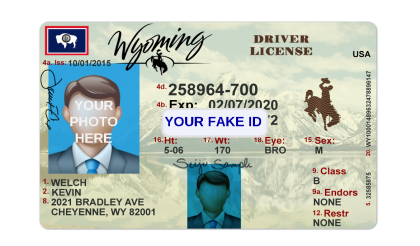Showing all 57 results
-
$19.95
Alabama Fake ID Template
-
$19.95
Alaska Fake ID Template – V1
-
$19.95
Alaska Fake ID Template – V2
-
$19.95
Arizona Fake ID Template
-
$19.95
Arkansas Fake ID Template
-
$19.95
California Fake ID Template – V2
-
$19.95
Colorado Fake ID Template
-
$19.95
Connecticut Fake ID Template
-
$19.95
Custom Editing
-
$19.95
Delaware Fake ID Template
-
$19.95
District Of Columbia Fake ID Template
-
$19.95
Fake ID Front and Back With Selfie-1
-
$19.95
Fake ID Front and Back With Selfie-2
-
$19.95
Fake ID Front and Back With Selfie-3
-
$19.95
Florida Fake ID Template
-
$19.95
Georgia Fake ID Template – v1
-
$19.95
Georgia Fake ID Template – V2
-
$19.95
Hawaii Fake ID Template
-
$19.95
Idaho Fake ID Template
-
$19.95
Illinois Fake ID Template
-
$19.95
Indiana Fake ID Template v2
-
$19.95
Iowa Fake ID Template
-
$19.95
Kansas Fake ID Template
-
$19.95
Kentucky Fake ID Template
-
$19.95
Louisiana Fake ID Template
-
$19.95
Maine Fake ID Template
-
$19.95
Maine Fake ID Template v2
-
$19.95
Maryland Fake ID Template
-
$19.95
Massachusetts Fake ID Template
-
$19.95
Mexico Fake ID Template
-
$19.95
Michigan Fake ID Template
-
$19.95
Minnesota Fake ID Template
-
$19.95
Mississippi Fake ID Template
-
$19.95
Missouri Fake ID Template
-
$19.95
Montana Fake ID Template
-
$19.95
Nebraska Fake ID Template
-
$19.95
Nevada Fake ID Template
-
$19.95
New Hampshire Fake ID Template
-
$19.95
New Jersey Fake ID Template
-
$19.95
New Mexico Fake ID Template
-
$19.95
New York Fake ID Template
-
$19.95
North Carolina Fake ID Template
-
$19.95
Ohio Fake ID Template
-
$19.95
Oklahoma Fake ID Template – V1
-
$19.95
Oklahoma Fake ID Template – V2
-
$19.95
Oregon Fake ID Template
-
$19.95
Pennsylvania Fake ID Template
-
$19.95
South Carolina Fake ID Template – V1
-
$19.95
South Carolina Fake ID Template – v2
-
$19.95
Tennessee Fake ID Template
-
$19.95
Texas Fake ID Template
-
$19.95
Utah Fake ID Template
-
$19.95
Vermont Fake ID Template – v1
-
$19.95
Virginia Fake ID Template
-
$19.95
Washington Fake ID Template
-
$19.95
Wisconsin Fake ID Template
-
$19.95
Wyoming Fake ID Template
How Can I Protect My Privacy With a Fake ID or Pseudonym Online?
People sometimes use pseudonyms or fake names online in order to protect themselves from online harassment, real-world discrimination or physical violence. Furthermore, using an assumed name allows for better promotion of work than could ever be achieved using their real names alone. Unfortunately, Internet surveillance has become all too prevalent and many major tech companies must now provide data to government agencies.
Social media
Use of pseudonyms or fake names on social media is a prevalent practice within online communities, often as a method of protecting privacy or evading online surveillance. Unfortunately, however, using such pseudonyms does not constitute an automatic legal right. Many researchers, activists and writers must utilize methods of anonymity or pseudonyms in order to carry out their work due to authoritarian governments, oppressive laws or regulations or various forms of discrimination. A fake drivers license template may be needed to enhance this for some people.
A pseudonym is a name used to conceal one’s identity or create an alter ego for public consumption, often used by performers and authors alike. A fake name or fake name or fake name or pseudonym may also help protect privacy while helping avoid identity theft or fraud, phishing scams, spamming attacks and harassment; so it is wise to educate yourself on these matters while regularly reviewing privacy settings and security measures as well as remain wary about what others share online.
Website registration
People using pseudonyms or fake names online to protect their privacy can choose a range of techniques to do so; such as using fake email addresses, usernames that don’t tie back to real names or artist aliases. People also may hide personal details such as their home address using pseudonyms or fake names in order to ward off online harassment and physical assault. Anonymity has long been an emotive topic. While its association with harassment, cyberbullying, and even terrorism may be questionable, people with legitimate reasons to remain anonymous such as whistleblowing or political dissidents who may face danger if their identities become known can also benefit from remaining anonymous. This can be enhanced with a fake drivers license template for some people. Professional women often utilize pseudonyms as a way to increase their visibility within literary communities, whether to establish more feminine brands or write in genres dominated by men. Furthermore, this practice may allow them to avoid risking being found out by their family and friends.
Email
Anonymity online can help protect you from harassment and trolling; it also makes life simpler by keeping professional life separate from personal life. But do not expect complete anonymity: other people could discover your real name through conversation with those using your fake name or pseudonym; you could even face legal proceedings from those pursuing legal action against you requiring you to provide it voluntarily.
Before selecting an email provider, take care to read their security and privacy policies thoroughly. Look for providers like ProtonMail or Posteo who promote themselves as privacy-minded; additionally consider services offering disposable email addresses so that you can create and delete multiple addresses while protecting your real address from public websites. Authors often write under pseudonyms for different reasons – protecting family from being exposed publicly via the internet, writing genres dominated by men, or keeping anonymity. Using pseudonyms or fake names allows authors to remain anonymous while writing. This endeavour can be enhanced with a fake drivers license template.
Blogs
Blogging involves writing and publishing content online for anyone to view, so protecting your privacy is crucial when blogging. One effective method to achieve this goal is using a fake name or pseudonym or creating an exclusive blog just for private material – this will prevent unwanted comments while keeping personal details secure. Step one in safeguarding your blog is creating a Privacy Policy, which informs readers about what types of personal data is collected from them and how it will be used. In many countries this is legal requirement, making a clear Statement essential in safeguarding readers’ privacy.
Some writers choose to hide behind pseudonyms when writing about parenting or family life; this can protect them from online harassment as well as real world issues like violence and discrimination. It should be remembered, though, that even a fake name or pseudonym can be exposed if people mention them negatively or take legal action against you. Some people will want to take this to another level with a fake drivers license template.
Why Use A Fake name Or Pseudonym When Writing?
A pseudonym is a name adopted by writers and authors that they use instead of their given names or legal ones, for various purposes. Utilizing a pen name may prove invaluable in many situations. Example: the Harry Potter series would likely not have been as popular if readers knew it was written by a female author.
1. To protect my idenity
If your privacy is at stake, a pseudonym could help keep readers at bay and avoid unwanted attention. A pseudonym may also come in handy if you write across multiple genres; keeping these various writing styles separate. Writers who specialize in both mystery and romance books might use different pen names depending on which genre they write under, for instance Cleo Coyle for her mystery novels and Heather Hayden for romances. Switching genres or recovering from publishing setbacks often prompt writers to change their name;
Fake names or pseudonyms can also be useful for individuals living in authoritarian or oppressive countries. Researchers, activists, and marginalized individuals often need methods of anonymity in order to protect both themselves and their work from persecution or harassment. Other people will take this to a higher level by using a fake drivers license template.
Joe’s sibling is an internationally recognized celebrity, so Joe created an online persona in order to protect himself from prying eyes and potential stalkers. Although this won’t fully protect him against being doxxed (discovering personal information through public records or social media platforms), it should offer at least some level of safety.
When selecting a pseudonym, it’s essential to carefully consider your goals and reasons for doing so. For instance, writers may wish to use one due to having an unusual first name that could lead to being mistakenly confused with someone else or to hide gender or ethnicity differences in writing their text. Writing under a pseudonym may provide many valid reasons, but it’s essential to remember there are limits on their anonymity. When used professionally there’s an established code of etiquette when using pen names as bylines; for instance when querying agents or submitting short stories and poems for publication. This type of endeavour can be enhanced with a fake drivers license template.
Finding an impressive pseudonym may be challenging, but it’s definitely possible to create something memorable and personal. Search online or look through library books for ideas; perhaps combine parts of your name into something different like S.E. Hinton or E.L. James as this could violate copyright law. Be mindful when considering potential names if someone else already uses them – otherwise your use could violate copyright legislation!
2. To protect my privacy
Many authors opt to write under pseudonyms in order to protect their privacy. This can be especially important if they have children or loved ones that may find out they are writing books with dark or sexual topics, while it may also be advantageous in fields like medicine and law where opinions could be misconstrued negatively.
Many people have preconceived notions about why authors use pseudonyms or fake names; oftentimes these authors are seen as women writing as men, writers with dirty secrets to conceal, or highbrow writers slumming it in trashy genres. While some of this may be true, there may also be other motivations behind using a pseudonym which don’t involve hiding their identity. Some people find it necessary to use a fake drivers license template for added benefits.
Fake names or pseudonyms can also help enhance marketability. One notable example is A Series of Unfortunate Events author Lemony Snicket’s decision to use his pen name Lemony Snicket so as to appeal more directly to younger readers and gain credibility within this niche market. This tactic offers great potential benefits when creating content targeted towards specific niche audiences without undermining credibility in one’s work.
Another reason for adopting a pseudonym is to avoid legal complications. For instance, using one’s real name could force them to sign contracts and documents under that name; this could present problems if they decide to change careers or relocate. Use of a pseudonym can make filing copyright claims simpler in the future – especially for authors who have published multiple books or plan on publishing additional ones in the near future.
Decisions on whether or not to use a pseudonym are ultimately personal decisions for every author, so it is crucial that they consider all the pros and cons prior to making their choice. While using one can help protect privacy, it does not guarantee you from abuse or harassment – if this concerns you it would be wise to consult a lawyer or mental health professional as soon as possible.
3. To protect my reputation
If your work is particularly controversial or touches upon sensitive subjects such as religion or politics, or expresses strong views on certain topics, using a pseudonym may be beneficial in protecting both yourself and reputation from readers who might disagree with what you write. By concealing your true name behind an assumed pseudonym name, potential critics won’t discover your real identity while at the same time it protects from potential backlash from angry readers.
Some authors are particularly vulnerable to backlash from readers and this can result in physical or mental injury. If you write horror novels, for example, your audience might expect an excessively violent tone that damages your reputation even though this wasn’t your intent. Fake names or pseudonyms provide an extra measure of protection to your reputation, but they’re no guarantee. Someone determined enough can still uncover the real identity behind it all with enough investigation; however, using one helps prevent further doxxing and media harassment. Some people will take this to another level by using a fake drivers license template.
Subtitling under a pseudonym may also help when changing genres from what your readers know you for, for instance if an author who writes mystery thrillers wants to publish erotica instead, loyal fans might struggle with accepting this and it makes filing copyright claims harder against such publishing practices.
Selecting an ideal pseudonym is an individual decision; it will depend on your goals, needs, and preferences. Whether it’s privacy you seek, professional reputation management needs or simply because you don’t like your name – there’s bound to be one suitable! Don’t be intimidated to experiment with various options until finding one that resonates best! And no matter which pseudonyms or fake names you write under – always treat them with the same reverence that would be accorded your real identity!
4. To protect my business
Some writers use pseudonyms or fake names or fake names to distinguish their writing genres. For instance, mystery authors might write under one name while romance authors use another. This practice helps keep their work more professional and less intimate; so when considering using one it is essential that writers consider their goals and motivation for using a pseudonym.
Before selecting a pseudonym, authors should decide the genre and audience they wish to target before selecting their pen name. This will ensure the book meets readers’ expectations while at the same time safeguarding their brand and image. It is also crucial that writers consider their brand when making this decision.
Fake names or pseudonyms are frequently employed in the computer world to protect identity. They’re commonly employed when signing into social networking sites or posting comments online; and may even be employed to cover up malicious computer actions like spamming or driving users towards dubious websites. Therefore, when choosing a pseudonym it should be easy for others to remember and won’t become confused with another name.
Pseudonyms or fake names can also be a valuable way of protecting business data. By pseudonymizing data, companies can reduce the risk of financial loss in case of security breach and this feature can be particularly helpful for companies processing large volumes of personal information like those in finance.
While pseudonyms or fake names can be an effective means of safeguarding your business, they should never serve as a replacement for legal protections. To fully ensure the protection of your work, always seek legal advice from an experienced attorney – regardless of who publishes under an assumed identity. Likewise, even when publishing under pseudonyms your work will still be copyrighted and will need to be compensated accordingly.
Last, it is important to remember that most professional writers do not use pen names merely for privacy protection; if this was their main motivation for choosing them, this would indicate more paranoia than simply protecting privacy. Most publishers, editors, or banks would never be able to identify these authors anyway.
